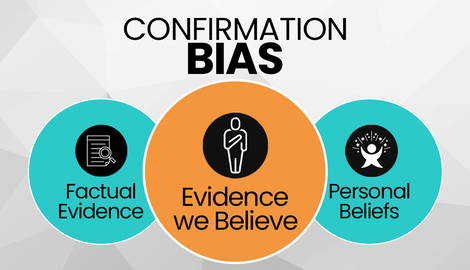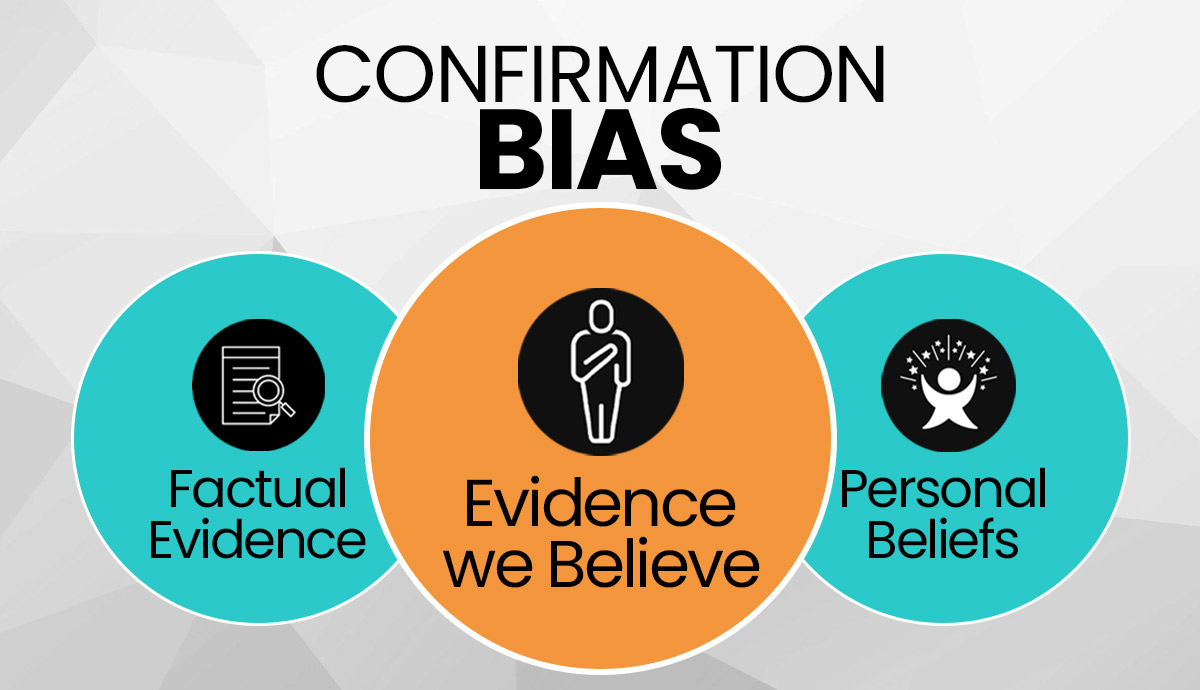
Confirmation bias refers to our tendency to search, interpret, or recall information in a way that confirms our initial views and assumptions. Effectively, we end up trapped in a cycle of reaffirming our existing assumptions, perspectives, or expectations. Given that our knowledge informs our decisions, confirmation bias significantly impacts our decision-making by interfering with how we process information.
What is Confirmation Bias?

Confirmation bias is a cognitive bias that makes us seek or favor information that confirms or supports our initial views and assumptions. Some psychologists restrict their definition of confirmation bias to our tendency to search for evidence supporting our existing views while dismissing or ignoring ones that contradict them. For example, you can ask questions in a way that will lead to the answers you want to hear.

Other psychologists, however, broaden their definition to include how this bias manifests when we interpret or recall information. For example, two people with contrasting preconceptions may reach different conclusions when evaluating the same information or evidence. Alternatively, a person may selectively recall memories that confirm their current assumptions. For instance, if a person is inclined to view themselves as morally righteous, he would likely recall memories of charity activities rather than memories of lying.
Origins of the Term ‘Confirmation Bias’
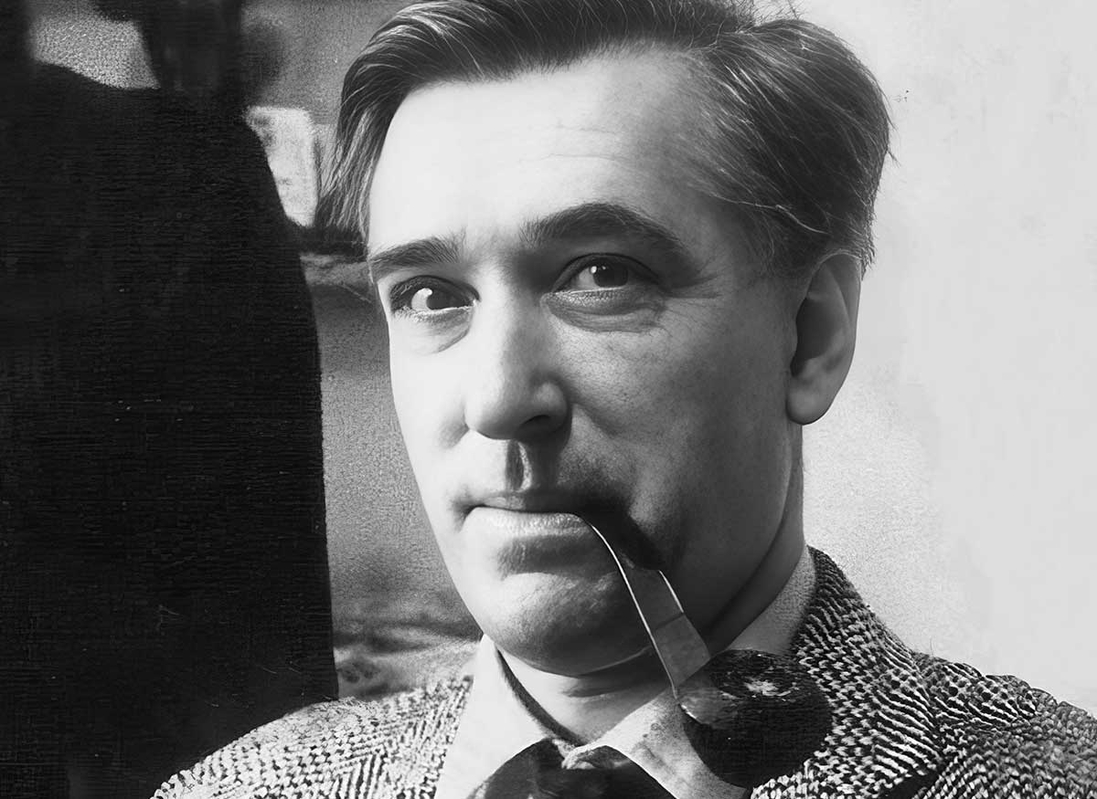
Peter Watson was the first psychologist to coin the term ‘confirmation bias’.He was the first to investigate confirmation bias in a study he conducted in 1960, titled On the failure to eliminate hypotheses in a conceptual task. In his experiment, participants were given a set of three numbers, 2-4-6, and asked to create other sets of three numbers that conform to the underlying rule connecting the first three. On each trial, they were told whether the set of numbers they created conformed to the rule. Based on the results of each trial, participants had to conclude the correct rule connecting the numbers.

Participants initially assumed the underlying rule between the set 2-4-6 was “add 2”. The correct answer, however, was simply any set of three ascending numbers. The results were that participants only created number sets that confirmed their initial hypothesis (i.e. add 2), without testing number sets that follow a different rule. Watson’s experiment was a miniature simulation of how we test and evaluate our assumptions and preconceptions. According to him, we are generally unwilling to falsify our initial assumptions, which limits or distorts the final conclusions we reach.
Causes of Confirmation Bias
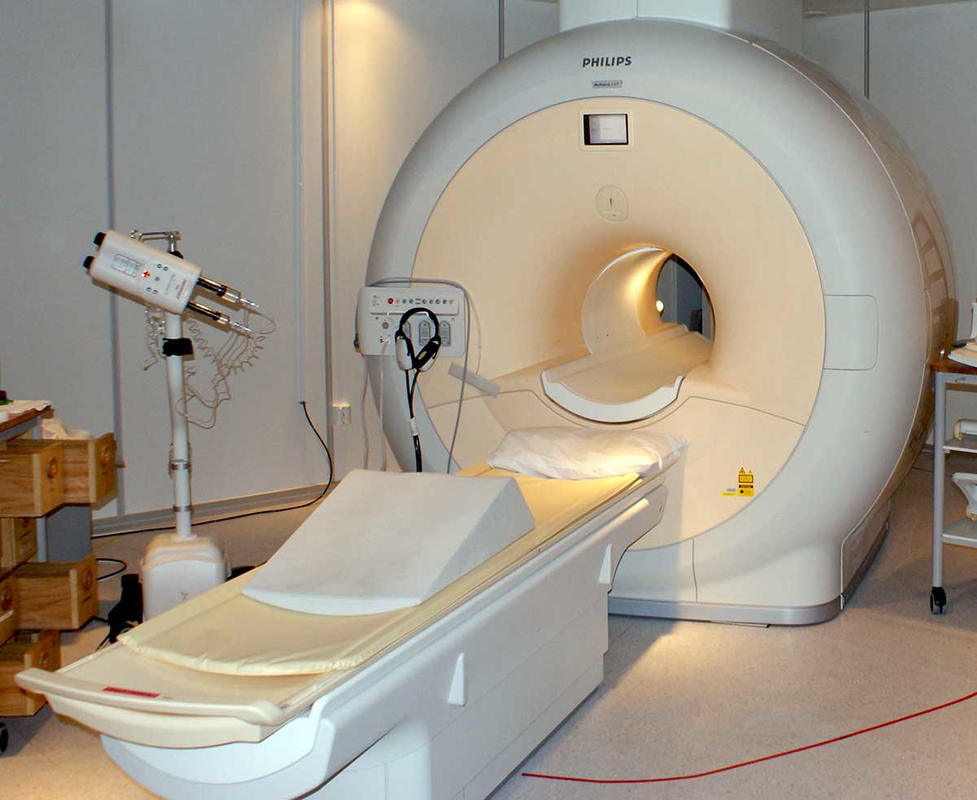
Confirmation bias is the byproduct of our limited capacity for information processing. Processing information consistent with our initial views, expectations, or hypotheses requires less cognitive resources than processing incongruent information. In other words, it is more cognitively efficient to confirm an existing view or assumption than to reformulate a new one based on contrary evidence. Confirmation bias is generally understood as a mental shortcut that occurs when we process information to optimize the efficient use of our cognitive resources.
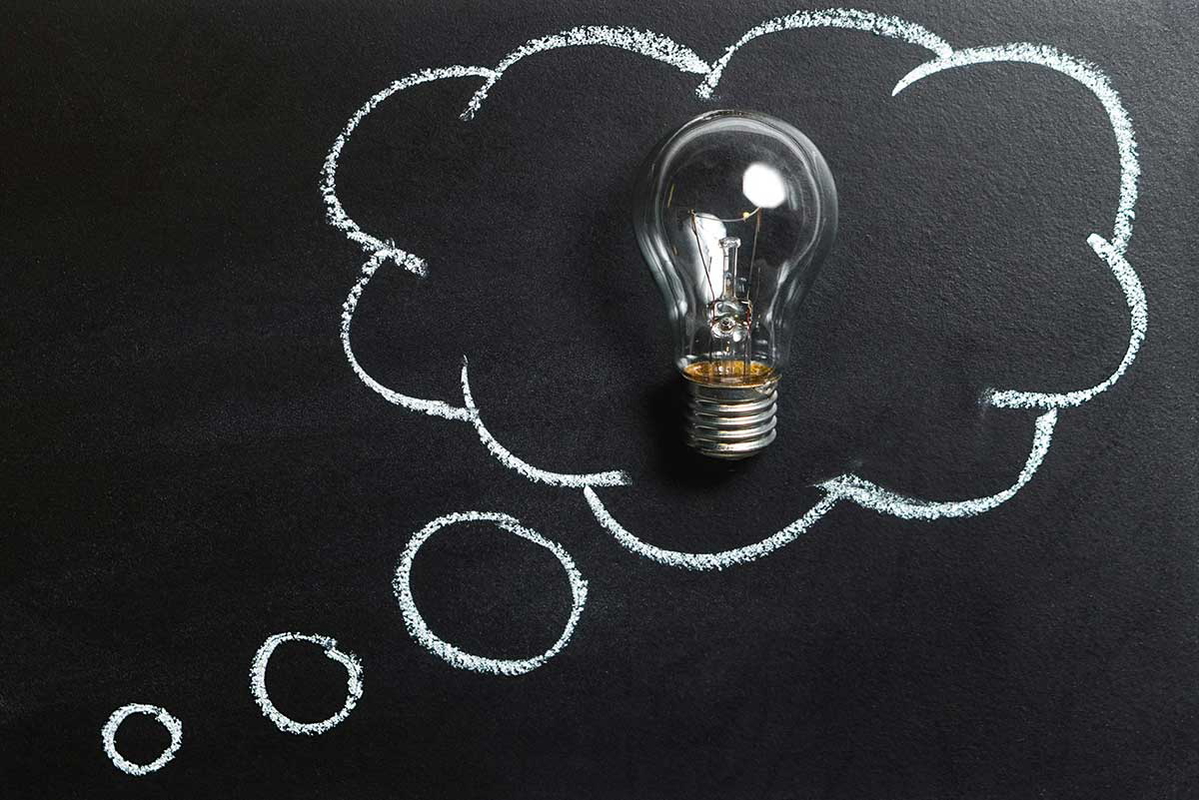
That being said, we don’t intentionally take this mental shortcut. Unlike similar cognitive biases (e.g. belief bias), confirmation bias is an unconscious and automatic process. In other words, we do not consciously decide to seek or process information in a way that confirms our initial views. Identifying the moments when we experienced confirmation bias is hence tricky and challenging. Nonetheless, with due diligence and conscious effort, we can gradually cultivate an awareness that would help us meta-analyze and evaluate the validity of our conclusions.
How Confirmation Bias Impacts Decision-Making
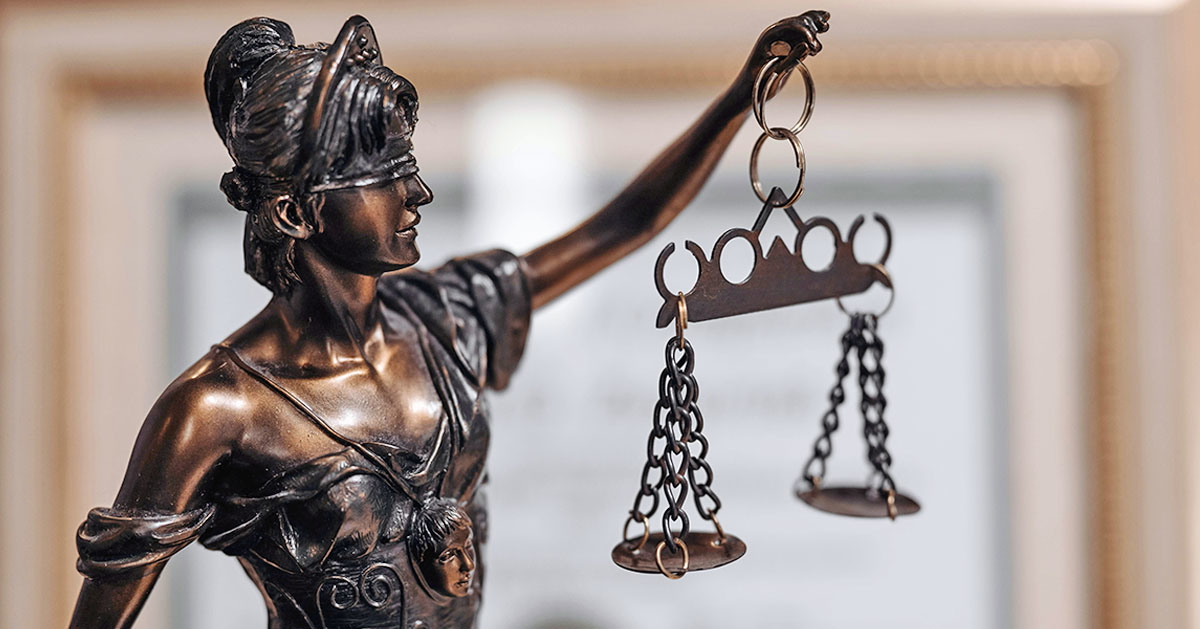
Confirmation bias results in poor decision-making. Our knowledge informs all of our decisions, whether they are political, financial, social, or personal. Without realizing it, we can become overly confident in our view of how things are, and make decisions accordingly. Think of judges who suspect a defendant is guilty early during a trial. Confirmation bias may lead them to seek evidence that confirms their initial preconception and discredit, undermine, or ignore contrary evidence. An innocent person may spend a lifetime in prison as a result.
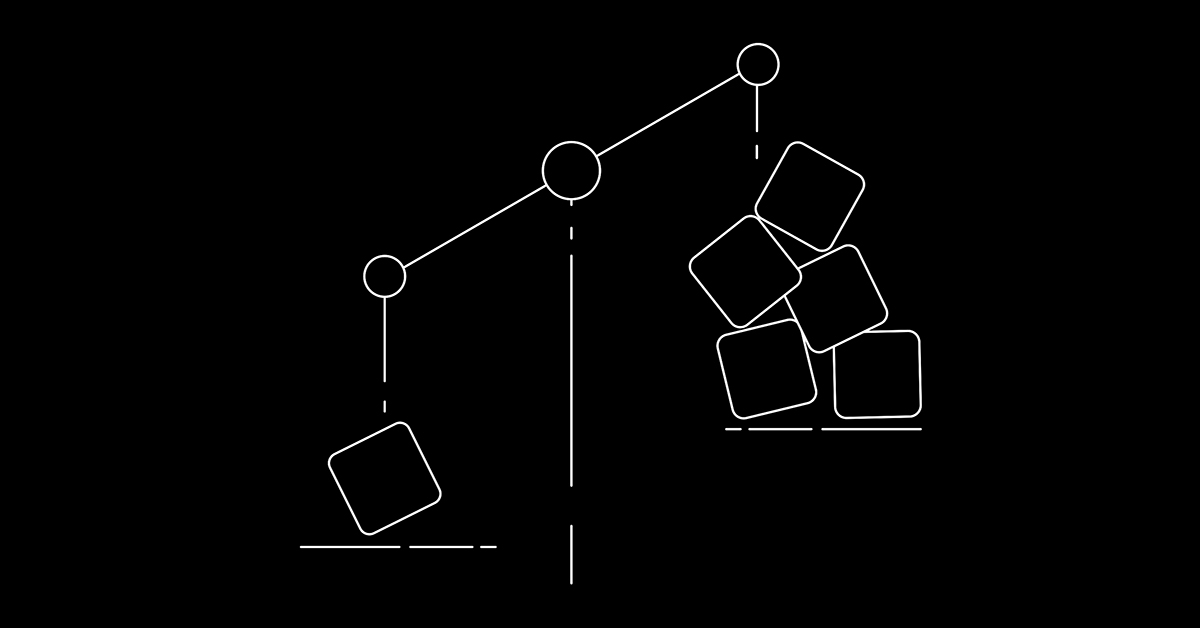
Alternatively, consider first impressions. How many times did they dictate the way you interact with people or respond to situations? First impressions are hard to change because confirmation bias unconsciously sustains them. In many areas of our lives, confirmation bias can distort our reality to a great extent, driving us to make poor decisions that are not informed by an objective knowledge of how things are.
